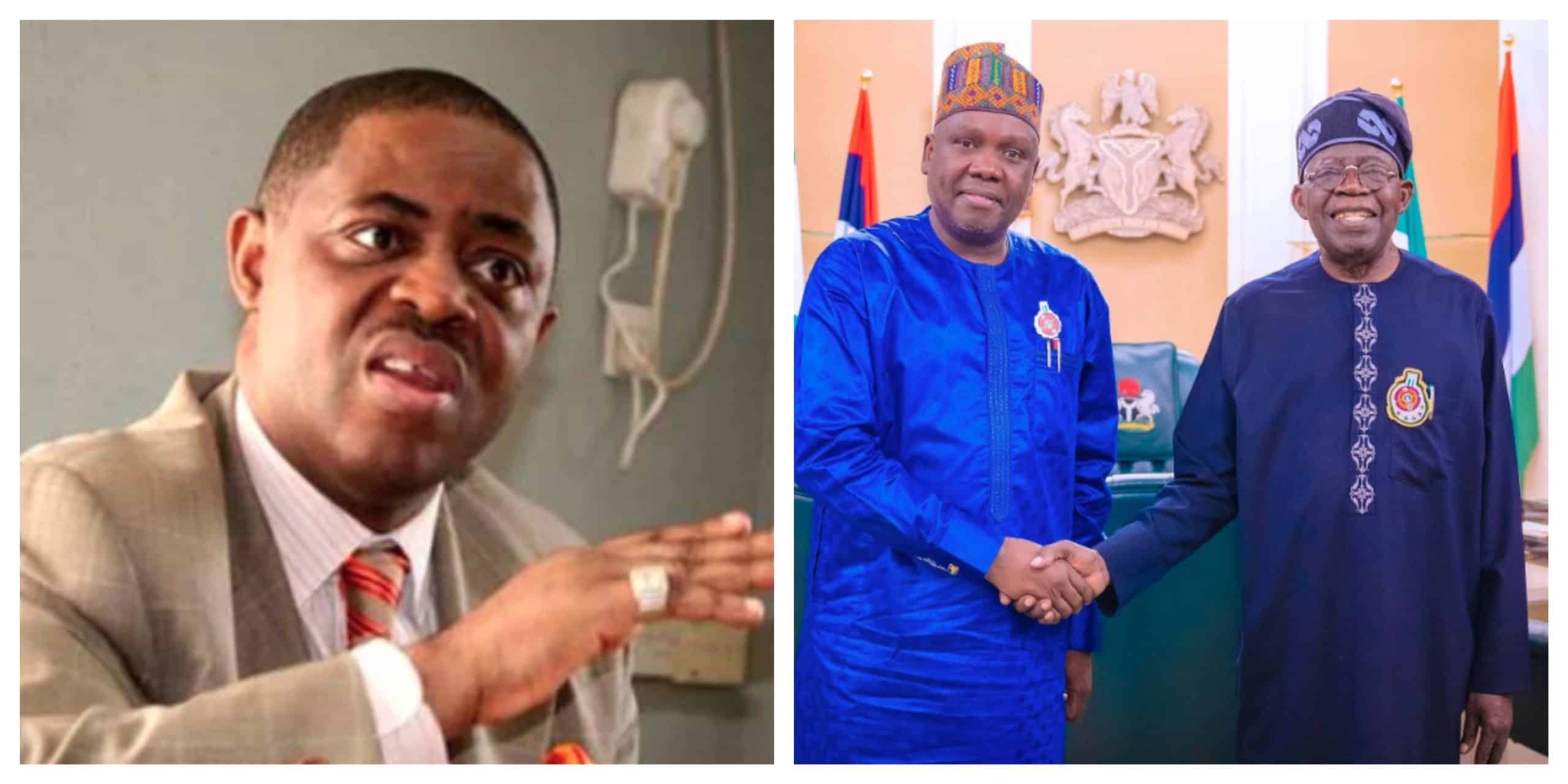The House of Representatives has stressed the need to exempt medical institutions, especially teaching hospitals from increase in electricity tariffs.
The House urged the Federal Government to immediately devise means of supporting teaching hospitals, medical centres, and universities with mini solar grids given huge and unaffordable electricity bills occasioned by new electricity tariff.
This followed a motion of urgent public importance by Bamidele Salam (PDP, Osun) on the need to support the hospitals with alternative power generation to prevent loss of lives and disruption of their services.
Bamidele in leading the debate stated that these medical institutions which are on the ‘Band A’ category of electricity users need intervention from the federal government so that their services will not be truncated.
He called on the House committee on Power as well as that on Legislative Compliance to ensure compliance.
The motion was voted on, adopted and referred to the House Committee on Health Institutions, Power as well as that on Rural Electrification.
Similarly, the House adopted a motion moved by Hon. Samuel Adedayo on the need to promote local vaccine production in Nigeria.
Adedayo in leading the debate stated that with the astronomical increase in national population, there is the need to improve production of locally made vaccines.
The lawmaker wondered why the local vaccine production laboratory in Yaba, Lagos State is still unproductive.
He called on the House Committee on Health Institutions and Healthcare Services to invite relevant stakeholders to find a way for the reopening of the Yaba vaccine production laboratory.
In the same vein, the House Committee on AIDs, Tuberculosis and Malaria (ATM) has proposed the allocation of one per cent fund from the Consolidated Revenue Fund (CRF) of the Federal Government to tackle HIV/AIDS and other public health diseases.
Chairman of the Committee, Hon. Amobi Ogah stated this while briefing his colleagues at the end of the National Agency for the Control of AIDS (NACA) and House ATM Committee retreat held at the National Assembly on Tuesday.
Ogah explained that the decision followed a careful analysis of NACA’s capacity, performance and experience and for the sustenance of the fight against all public health diseases and to reduce over-dependence on foreign aids.
He stated that there is a lack of coordination of efforts and responses to public health diseases, stressing the need to amend the NACA Establishment Act of 2007, to restructure NACA to a multi-sector agency of the Federal Government of Nigeria, that will coordinate responses to HIV/ AIDS, and other public health threats such as viral hepatitis, tuberculosis, ulcer, leprosy and malaria.
He reiterated the commitment of the committee to reviewing the anti-discrimination Act of 2014 to ensure relevance and to further the dialogue on the stigmatisation of patients who suffer from these diseases.

 4 months ago
31
4 months ago
31















 English (US) ·
English (US) ·